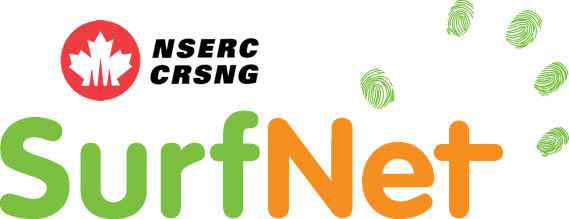Tabletop Board Game Framework
Description
Digital tabletops can enhance the board gaming experience by providing a more immersive and engaging gaming environment. As players are able to observe each other, digital tabletops can support natural social interaction. Moreover, the digital capability of these systems enables exciting animation as well as useful automation. For example, game mechanics such as scorekeeping and shuffling a deck of cards can be automated. However, in order for digital tabletops to support a new gaming platform, many design and development challenges still need to be overcome. Foremost, there lacks a software framework as the backbone for digital tabletop gaming applications. Without robust and reusable software architecture, each application has to reinvent the wheel, and other, more important, aspects of the interface and application design research will be delayed. This project aims to develop a software framework to support digital tabletop gaming research.
Our framework is based off the Unity 3D gaming engine. Designed to make developing board games simpler, this framework include many easy to use features to speed up the development process. We have presented the framework in GI Jam at University of Waterloo in 2014, and we are working on packaging the framework for release.
Features
Score Tracking
Turn tracking
Permission levels (or roles)
Banking, Dice
Cards
Pie menu
Networking
Tabletop to tablet interaction
Multi-user multi-touch capabilities
World map and game pieces



